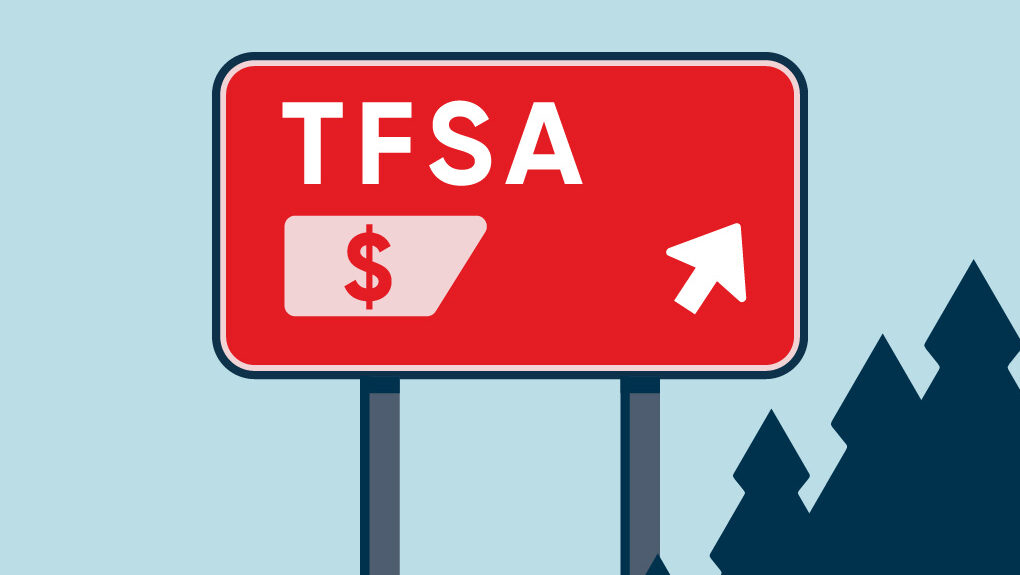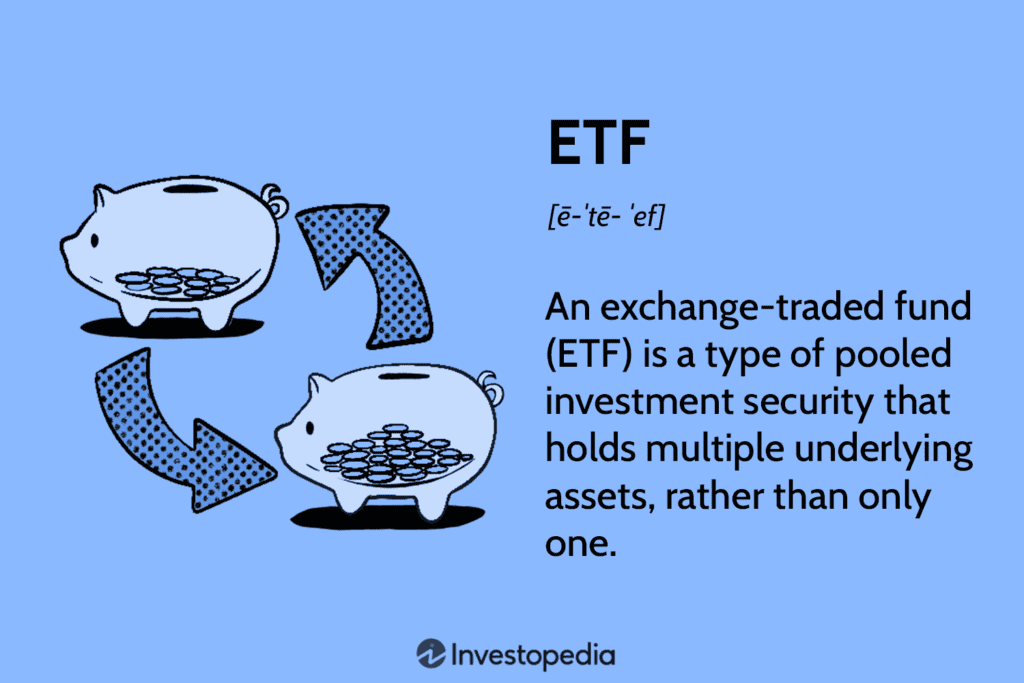The First Home Savings Account (FHSA) is designed to assist...
Read MoreBest TFSA Investment Options in 2025

The best TFSA investment options in 2025 aren’t always obvious — but choosing the right ones can make your money grow completely tax-free.
If your TFSA is still sitting in a high-interest savings account, you’re not getting the most out of it. The Tax-Free Savings Account (TFSA) isn’t just for short-term savings—it’s one of the most flexible and powerful investment tools available in Canada. And in 2025, with interest rates flattening and the markets stabilizing, how you invest inside your TFSA matters more than ever.
This article explores the top TFSA investment strategies Canadians are using right now to grow wealth efficiently—without paying tax on the gains.
Why Investment Strategy Matters Inside a TFSA
It’s easy to focus on the contribution limit—$7,000 in 2025—but not enough investors think about what happens next. Just contributing isn’t enough. The growth (or lack of it) depends entirely on how that money is invested.
Using your TFSA for investment, instead of just saving, can lead to significantly better long-term results. Every dollar you earn inside is completely tax-free—no capital gains tax, no withdrawal tax, and no income tax. That makes it one of the most powerful compounding tools available in your financial toolbox.
Segregated Funds: A Strong Option for Conservative Growth
Segregated funds are insurance-based investments that combine the potential of market growth with the security of built-in guarantees.
Pros:
- Principal protection: 75% to 100% of your original investment is guaranteed after a set maturity period
- Creditor protection: great for business owners or those concerned about legal risks
- Estate planning benefits: avoid probate and streamline the transfer of wealth
Cons:
- Higher fees than traditional mutual funds or ETFs
- Early withdrawals may forfeit some of the guarantee benefits
These funds are often preferred by investors who want stability and long-term protection while still participating in market growth. At Ai Financial, segregated funds are a core part of many TFSA portfolios, especially for clients who prioritize risk management.
Mutual Funds: Balanced, Long-Term Growth
Mutual funds remain one of the most popular TFSA investment choices in 2025. They offer professionally managed portfolios, allowing you to gain exposure to different asset classes—stocks, bonds, global markets, and more—without having to manage it yourself.
Pros:
- Active management by experienced professionals
- Access to diversified strategies tailored to different risk levels
Cons:
- Management fees may reduce returns, especially in flat markets
- Some mutual funds underperform their benchmarks
Ai Financial provides access to a wide variety of mutual funds tailored to different goals and risk levels.

GICs and Bond Funds: Ideal for Short-Term Security
If your goal is to withdraw money from your TFSA within the next few years, you may want to consider more stable, fixed-income options.
Pros:
- Predictable returns with lower volatility
- Principal protection with GICs
Cons:
- Limited growth potential, especially after inflation
- GICs lock in your money, often with penalties for early withdrawal
While their returns are lower than equities, holding these inside a TFSA still offers full tax-free benefits on the interest earned.
ETFs: Low-Cost, Market-Based Growth
While Ai Financial primarily focuses on managed fund solutions, some investors use ETFs (Exchange-Traded Funds) inside their TFSAs through other platforms.
Pros:
- Low management fees
- Passive exposure to a broad market or specific sectors
Cons:
- Fully exposed to market ups and downs—no downside protection
- Requires some knowledge to choose and manage effectively
ETFs are best suited for people with a higher risk tolerance and a longer time horizon, as their value fluctuates with the market.
How to Get Started in 2025
- Confirm your TFSA contribution room for 2025 (up to $7,000). If you haven’t used your room in previous years, you may have more.
- Decide whether you prefer a self-directed or advisor-guided approach.
- Choose your investments based on your goals, risk comfort, and timeline.
- Avoid leaving your TFSA in cash unless you plan to use the funds soon.
- Review and rebalance your investments yearly to stay on track.
Final Thoughts
In 2025, the TFSA continues to offer unmatched flexibility and tax benefits. But the real difference lies in how you use it. By investing your TFSA wisely—in options like segregated funds, mutual funds, and fixed-income products—you can protect your capital, grow it tax-free, and move closer to your financial goals.
At Ai Financial, we help Canadians go beyond basic saving and turn their TFSAs into real investment strategies. Whether you’re just getting started or looking to optimize your current account, we’re here to help.
Ready to make your TFSA work harder?
More blogs in Financial Tool
5 Smart FHSA Investment Tips for New Buyers | Financial Tool
Looking to boost your down payment with smart investing? The...
Read MoreTop 5 Reasons Parents Should Start an RESP Early| Financial Tool
Thinking about your child’s future? Starting an RESP early can...
Read MoreTop 5 Investment Loan Options for Small Business Owners in 2025 | Financial Tool
Explore the top 5 investment loan options for small business...
Read MoreSegregated Funds vs. Mutual Funds: the Estate Planning Benefits of Segregated Funds
Segregated funds vs. mutual funds for estate planning
Read MoreRecent Posts
You may also interested in
Leverage Investment Success: How Clients Achieved Over 200% Leverage Returns| AiF Clients
Discover how a Canadian family achieved 239% returns using strategic...
Read MoreCanadian Soldier Achieves 204% ROI with Investment Loan and Segregated Fund| AiF Clients
Zack, a Canadian soldier in his 40s, turned limited savings...
Read MoreFrom $100K to $520K: How a Millennial Actuary Couple Achieved a 154% Leveraged Return| AiF Clients
Discover how a millennial actuary couple used investment loans and...
Read MoreCan Non-Residents Invest in Segregated Funds in Canada?Hazel’s Journey with Ai Financial| AiF Clients
Hazel, a non-resident mother in Canada, invested CAD $200,000 across...
Read MoreFrom Anxiety to Empowerment: How a Mom of 3 Gained $67K in 20 Months | AiF Clients
Zara, a working mom of three, turned $200K into $259K...
Read More










